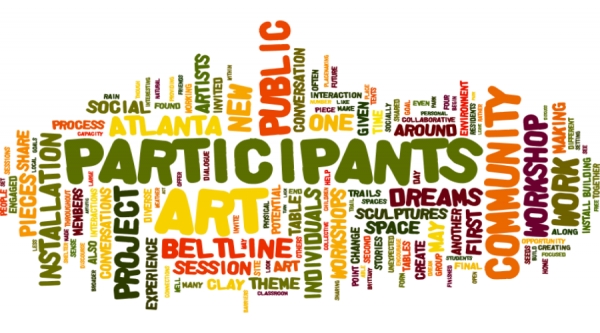That’s a lot of verbiage, so it’s inevitable that some very good words fall out of usage. That’s one reason researchers from the University of York have compiled a list of 30 words they think we should keep around, reports Sarah Laskow at Atlas Obscura.
“As professional linguists and historians of English we were intrigued by the challenge of developing a list of lost words that are still relevant to modern life, and that we could potentially campaign to bring back into modern day language,” Dominic Watt, senior linguistics lecturer at the University of York, tells Victoria Prest at the York Press. “To allow people to really imagine introducing these words back into their everyday lives, we’ve chosen words that fit within themes still relevant to the average person. Within these themes, we’ve identified lost words that are both interesting and thought-provoking, in the hope of helping people re-engage with language of old.”
Many of the words the researchers have unearthed sound like outtakes from a Harry Potter novel. “Sillytonian,” for instance, refers to a silly or gullible person. “Rouzy-bouzy” means boisterously drunk, a “nickum” is a cheating or dishonest person and “snout-fair” has nothing to do with pigs: it means good looking. Then there’s “betrump” which means to cheat or elude, “slug-a-bed,” which is someone who sleeps in and “hugger-mugger,” which means secrecy. “Tremblable” means causing dread or horror and a “percher” is someone looking for higher status.
You can see the full list and vote for your favorite here. The project was sponsored by U.K. insurance company Priveledge, which also sponsored a similar project in 2015, looking at the common phrases Brits tend to get wrong, like “nip in the butt” instead of “nip in the bud.” According to James Tozer at the Daily Mail it’s part of a campaign by the company to support writing insurance policies in “plain English” rather than legalese. But publicity-stunt origins aside, Watt and his colleagues said they were happy to comb through old books and dictionaries to find words worthy of revival.







